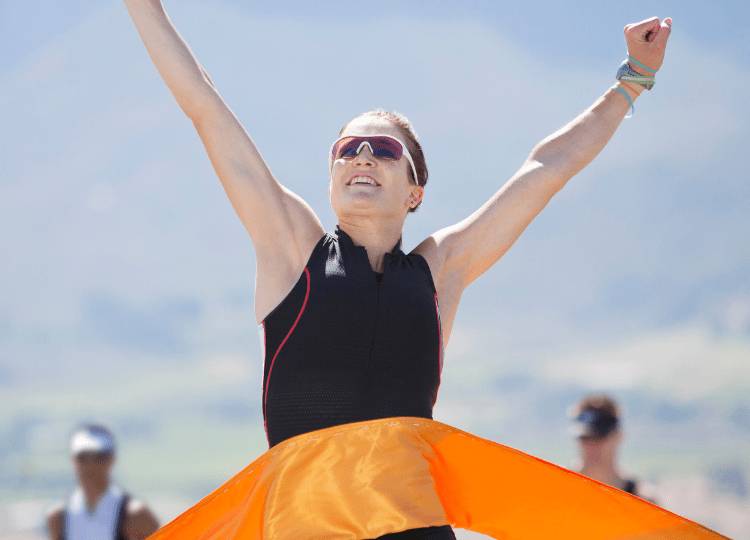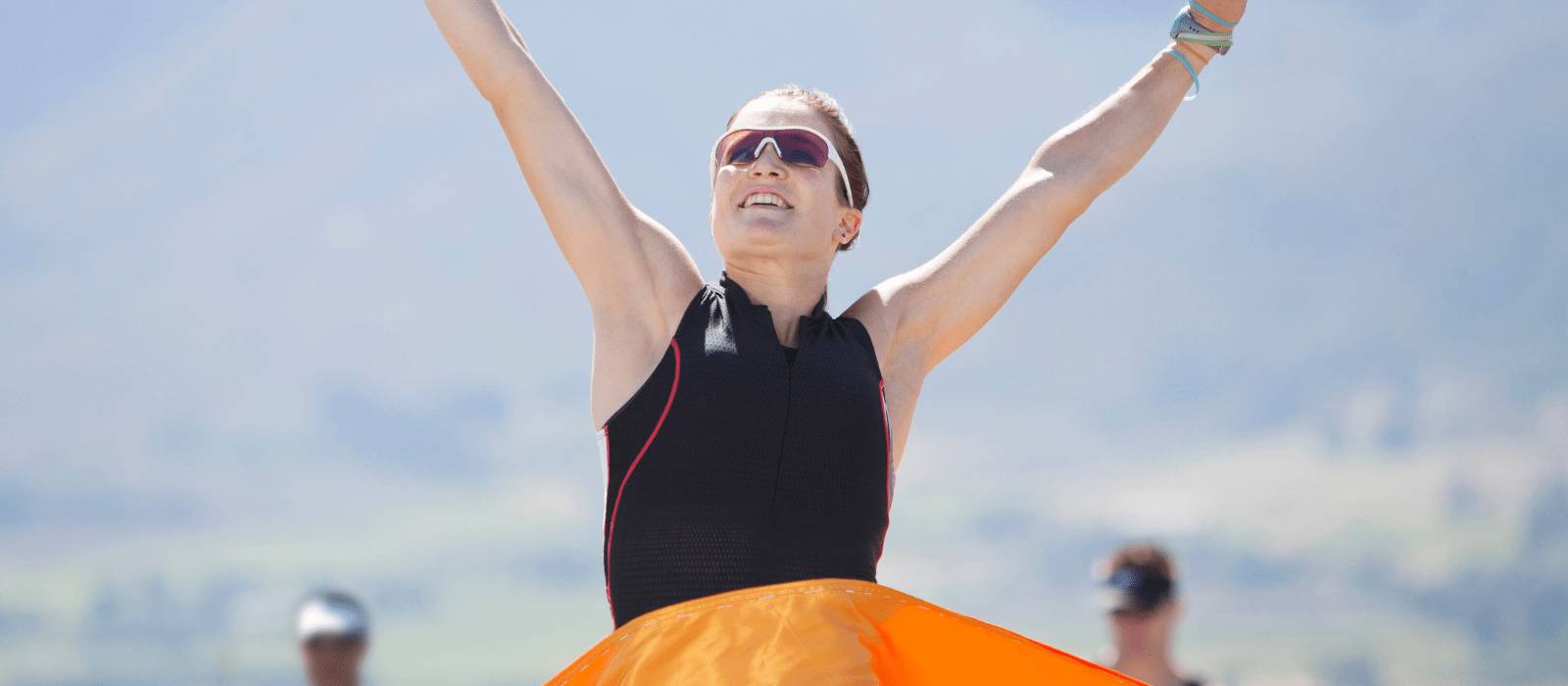Some of the key factors that contribute to mental toughness include:
- Self-confidence: Mental toughness starts with self-confidence. You first must believe in yourself and your ability to succeed. And remember, what success means to you is different to anybody else so focus on your WHY and no one else’s.
- Self-control: Mental toughness also requires self-control. You must be able to control your emotions and stay focused on the task at hand. However, just like in a meditation, you’re not judged here on how long you can stay in the zone, but how long it takes you to get back in the zone when you inevitably drop out of it (and that’s ok by the way).
- Resilience: Mental toughness is about bouncing back from setbacks. You must be able to handle adversity and keep going even when things are tough. Sport, just like life, is filled with high pressure moments but knowing you can work through that with confidence and control is the hallmark of resilience.
- Motivation: Mental toughness is also about being motivated and disciplined in whatever you are doing. You must be able to push yourself to your limit on occasion but also recognise that your motivation will fluctuate from time to time too. So, don’t get too hard on yourself when that happens. Find your why, mix things up a bit perhaps and push on.
Building resilience is in our opinion the most important aspect of mental toughness, especially in sports. Athletes face many challenges and setbacks, such as injuries, losses, and setbacks in training. These experiences can be discouraging, and athletes who lack resilience may give up on their goals. However, athletes who have developed resilience can bounce back from these setbacks and continue to work towards their goals.
One practice that athletes use to build resilience is taking ice baths. Ice baths involve immersing the body in cold water for a short period of time, usually around 3-10 minutes. This practice is commonly used in sports, especially in endurance sports like distance running and cycling. The cold water helps to reduce inflammation and speed up recovery time, which can be beneficial for athletes who need to recover quickly.
However, ice baths also have a mental component that can help athletes build resilience. The experience of immersing oneself in cold water is uncomfortable and even painful, which can be a challenging experience for athletes. By pushing through this discomfort, athletes can develop mental resilience and learn to cope with discomfort and adversity.
Taking ice baths can also help athletes develop mental toughness in other ways. For example, the practice can help athletes develop the ability to stay calm and focused under pressure. Immersing oneself in cold water can be a stressful experience, but athletes who have developed mental toughness can remain calm and focused during this process.
In addition, taking ice baths can help athletes develop the ability to manage their emotions. The experience of immersing oneself in cold water can be overwhelming, but athletes who have developed mental toughness can manage their emotions and stay in control of their thoughts and feelings in a relatively safe and controlled environment.
As you can see, there are many ways to develop mental toughness. Some people find that working with a coach and or a sports psychologist can be helpful too. Others find that reading books and articles about mental toughness can be a good way to learn more about it. One of the many benefits of the internet and social media is that there are so many knowledgeable and experienced people out there who are willing to share what they have learned.
Ultimately, the best way to develop mental toughness is to practice it! The more you practice being mentally tough and putting yourself in new situations that challenge that, the better you will become at it over time.
Here are some tips for developing mental toughness:
- Set goals: When you set goals, it gives you something to focus on and motivates you to keep going. Your goals should be specific, measurable, achievable, relevant, and time bound. For example, you might set a goal to win a championship, to improve your batting average by 10 points, or to run a marathon in under 3 hours. Having specific goals will help you to stay focused and motivated when things get tough.
- Visualise success: When you visualize yourself succeeding, it helps you to believe in yourself and your ability to achieve your goals. When you visualise yourself performing well, it will help you to stay confident and focused. You can do this by closing your eyes and imagining yourself performing well. See yourself making the plays, hitting the shots, or crossing the finish line feeling good.
- Practice positive self-talk: Mental toughness also requires positive self-talk. When you talk to yourself positively, it helps you to stay motivated and focused. When you are feeling discouraged, remind yourself of your goals and why you are working so hard. Tell yourself that you can achieve anything you set your mind to.
- Face your fears: Mental toughness also involves facing your fears. When you face your fears, it helps you to overcome them and become more confident. If you are afraid of competition, for example, you can face your fear by competing in more tournaments. The more you compete, the less afraid you will become.
- Learn from your mistakes: Mental toughness also involves learning from your mistakes. When you make a mistake, don't dwell on it. Instead, learn from it and move on. When you make a mistake, try to figure out what went wrong and how you can avoid making the same mistake in the future. The more you learn from your mistakes, the more mentally tough you will become.
By following the tips above, we know that you will be well on your way to developing mental toughness and achieving your goals, whatever they may be.
If you are an athlete, it is essential to work on developing your mental toughness, and if you are a coach, it is crucial to help your athletes develop their mental toughness. With mental toughness, you can take your sports performance to the next level.
This is a lifelong journey. It takes time, effort, and dedication. But if you are willing to put in the work, it will be worth it in the end. Mental toughness will help you achieve your goals, overcome challenges, and become the best athlete you can be!
We hoped you enjoyed reading this one as much as we did writing it. Be sure to share this with someone who you know would benefit from reading this. Perhaps your work colleague or your training partner. The U Perform loves sharing ideas and encouraging each other.





